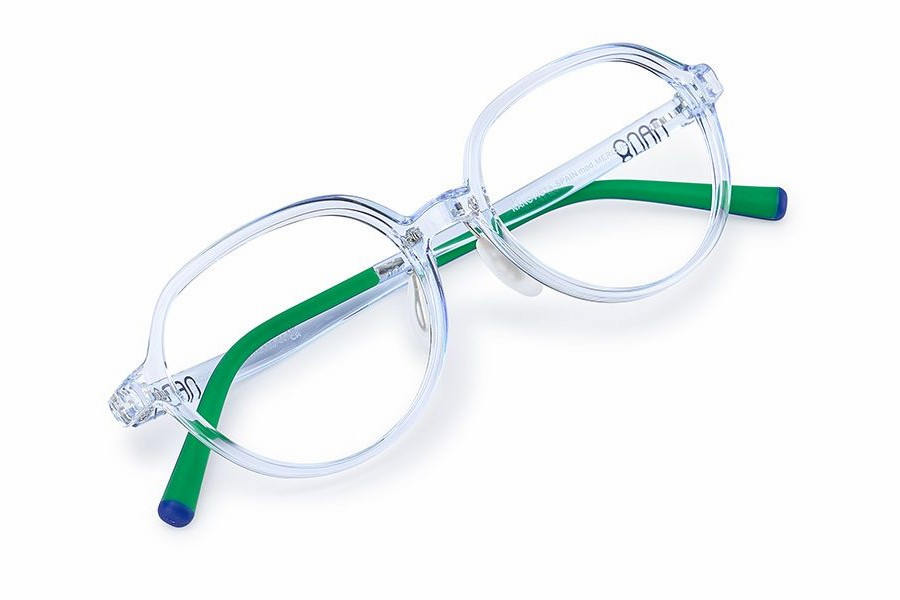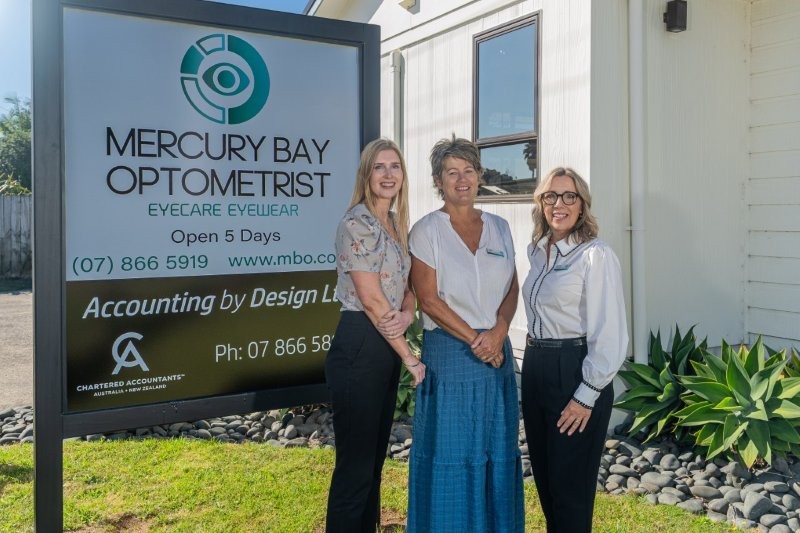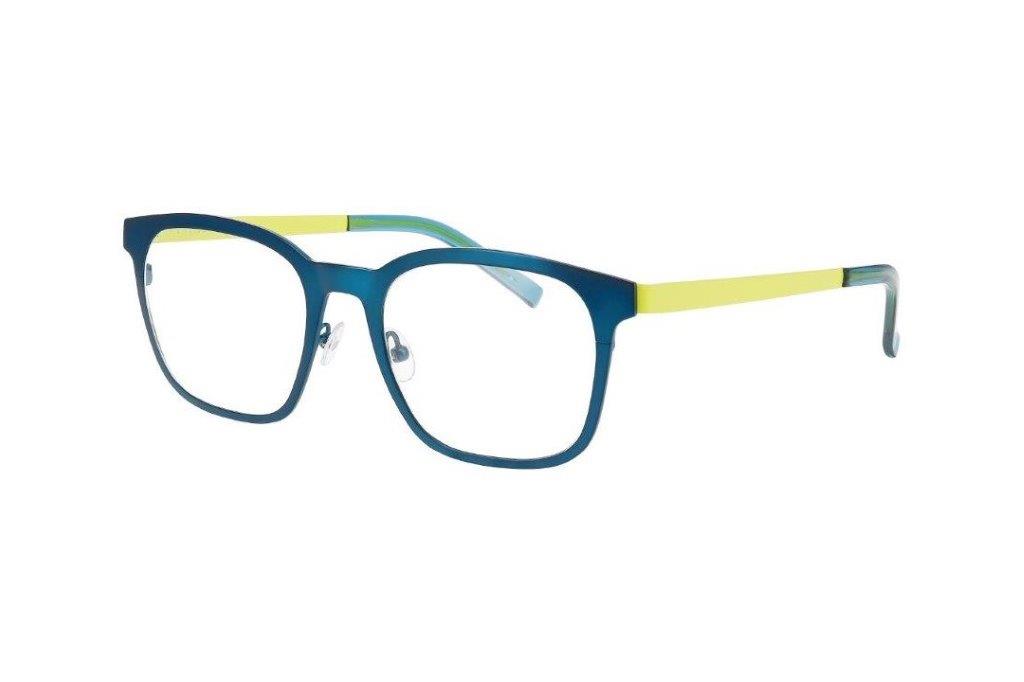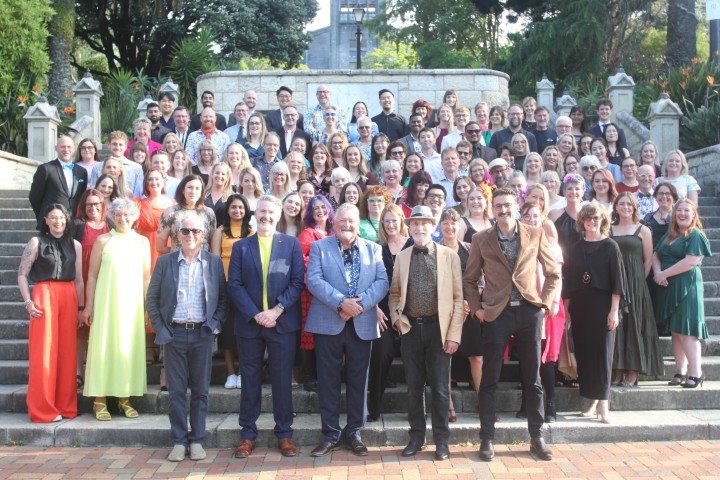Workplace mistreatment impacts patient care
The UK’s General Optical Council (GOC) has published qualitative research into the effects of harassment, bullying, abuse and discrimination on optometrists and dispensing opticians.
Carried out by Explain Market Research, the research involved 38 interviews with eyecare professionals who had experienced physical, verbal or online bullying, sexual harassment, discriminatory behaviour based on gender, race, religion or sexuality, or abusive or aggressive behaviour from patients.
Participants reported impacts including stress, anxiety, depression, dizziness and migraines. Personal consequences included reduced self-confidence, with some describing long-term effects influencing career choices, working patterns and preference for locum versus permanent roles. Several said patient care could be indirectly affected, in terms of lack of personalisation.
Barriers to reporting such concerns included difficulty identifying an appropriate person with whom to raise issues, fear of reputational damage, lack of evidence and low confidence in meaningful change. Participants suggested these might be better addressed with clear reporting pathways, leadership within workplaces to address concerns, peer support, career-long education on recognising and responding to mistreatment and stronger sector-wide leadership on expectations and consequences.
The report reveals the devastating personal impacts of bullying, harassment, abuse and discrimination in the workplace and the potential consequences for patient safety, said Steve Brooker, GOC director of regulatory strategy. “Making real change requires a sector-wide effort, since otherwise optical careers risk becoming less attractive and professionals may leave the profession early.”
























